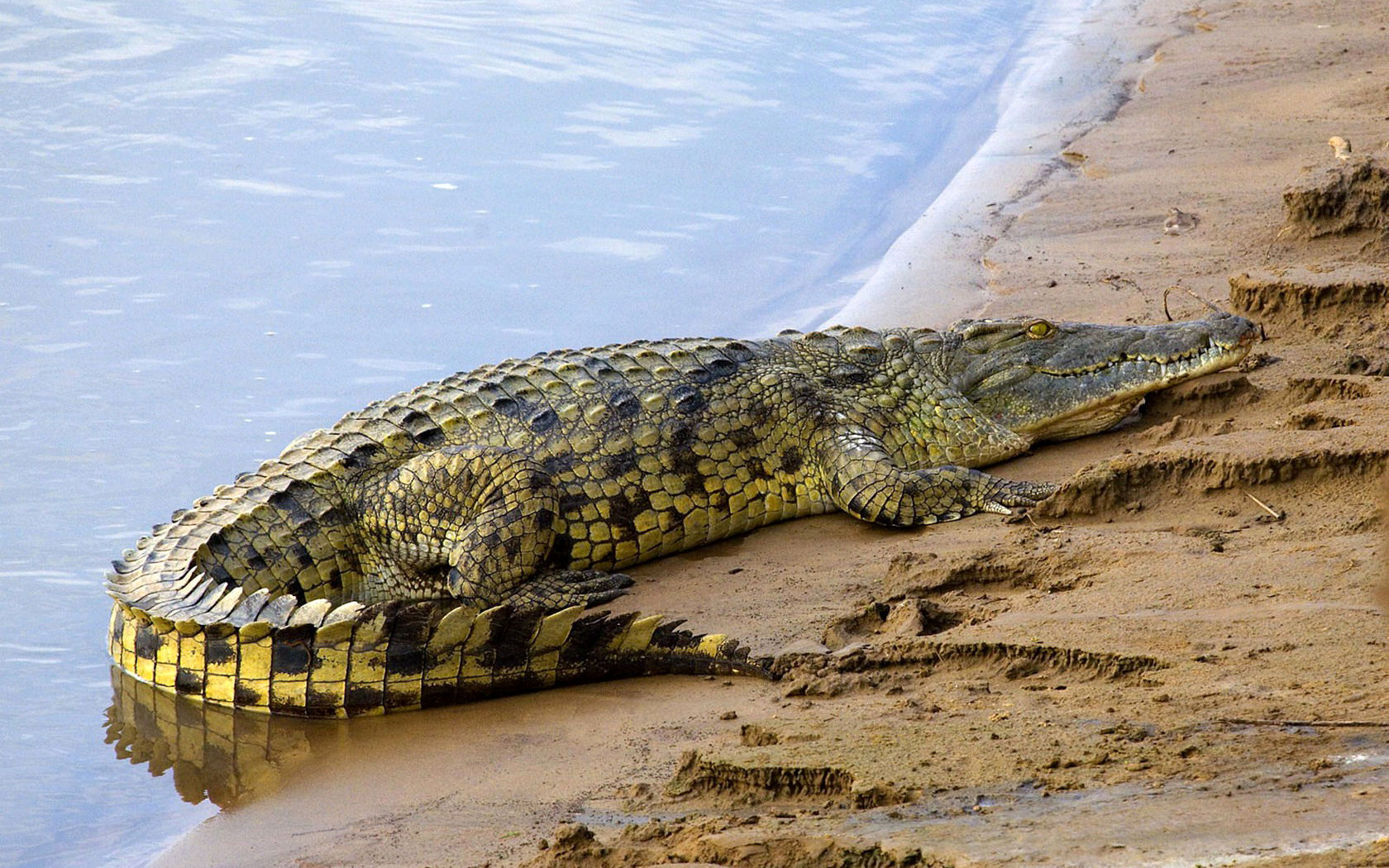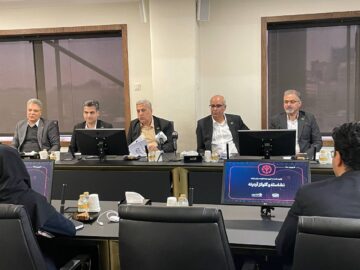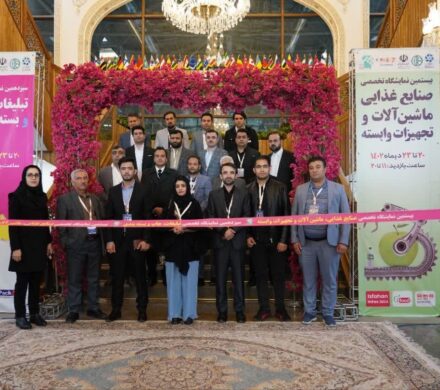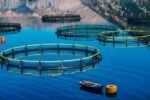It is legal to breed non-native crocodiles for their skin and meat
Gholamreza Abdali, Director General of the Wildlife Protection and Management Office of the Environmental Protection Organization, said about crocodile breeding farms in our country: These farms are mostly set up for commercial purposes and the crocodiles in these farms are imported and are not native to Iran. He continued: In these farms, breeders are not […]
Gholamreza Abdali, Director General of the Wildlife Protection and Management Office of the Environmental Protection Organization, said about crocodile breeding farms in our country: These farms are mostly set up for commercial purposes and the crocodiles in these farms are imported and are not native to Iran.
He continued: In these farms, breeders are not native to Iran and come to Iran from other countries to use their meat and skin. Therefore, since they are not native to Iran, we do not have a problem with breeding them, and only based on the instructions for the reproduction and breeding of wildlife species in captivity. We monitor them.
The Director General of the Wildlife Protection and Management Office of the Environmental Protection Organization said about the breeding farms of native crocodiles in Iran: We have the Iranian crocodile (Gando) that we breed in a privately managed center in Chabahar and another center in Bahuklat. These farms are set up with the purpose of scientific and environmental uses in such a way that populations are cultivated and returned to nature and the lack of our population in nature is compensated in this way.
Abdali said: We are trying to create an economic dimension for these farms so that the farmers will also benefit.
But regarding the protest of some animal defenders on the issue of skinning and commercial use of crocodiles, Seyyed Mohammad Nosrati; The Director of the Department of Mammals of the Wildlife Office of the Environmental Protection Organization also told Tasnim: We only supervise these centers based on the framework, criteria and guidelines defined for us, and our supervision is no more than that. We should not deal with these matters of taste and we should also consider the employment and economic aspects.
He stated that the opinion of animal advocates is respected and said: Skinning animals and using their meat and skins is also done in livestock farms and poultry farms, but this cannot cause us to ban this. We act within the framework of our duties and based on the instructions for the propagation and breeding of wildlife species in captivity.
















Leave a Reply